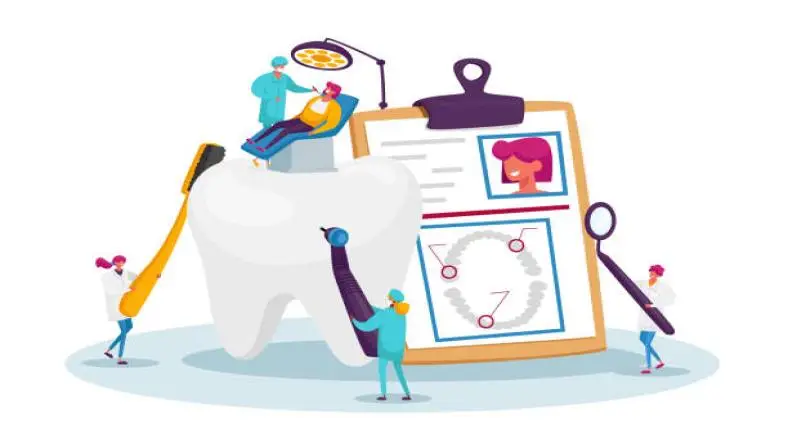In modern healthcare, a patient-centered approach often requires collaboration among multiple disciplines to achieve the best outcomes. Dentistry, once perceived as an isolated branch of healthcare, has increasingly embraced interdisciplinary care to enhance treatment quality and overall patient satisfaction. This holistic approach not only addresses oral health but also integrates it with the patient’s general well-being.
What Is Interdisciplinary Care in Dentistry?
Interdisciplinary care in dentistry refers to the collaboration between dental professionals and other healthcare specialists to provide comprehensive care. This team might include general dentists, orthodontists, periodontists, oral surgeons, prosthodontists, pediatric dentists, and non-dental professionals such as ENT specialists, physiotherapists, nutritionists, and psychologists.
Key Benefits of Interdisciplinary Care
1. Comprehensive Treatment Planning
- Each dental case is unique, requiring tailored solutions.
- For instance, a patient with severe periodontal disease and malocclusion may benefit from the combined efforts of a periodontist, orthodontist, and general dentist.
- Collaborative planning ensures that every aspect of the condition is addressed effectively.
2. Improved Patient Outcomes
- Interdisciplinary care enhances the likelihood of achieving optimal results.
- For example, treating temporomandibular joint (TMJ) disorders may involve dentists working with physiotherapists to address associated muscle pain, leading to more effective pain relief and jaw function restoration.
Google Ad 1
3. Holistic Health Management
- The mouth is a gateway to the body, and oral health is often linked to systemic conditions like diabetes, cardiovascular diseases, and autoimmune disorders.
- Collaboration between dentists and physicians can facilitate early detection and management of these conditions, improving both oral and general health.
4. Enhanced Patient Education
- When professionals from various disciplines come together, patients receive a well-rounded understanding of their health.
- This multidisciplinary perspective empowers patients to make informed decisions about their treatment and lifestyle choices.
5. Efficient Use of Resources
- Interdisciplinary care promotes streamlined processes, reducing redundant treatments and minimizing delays in care.
- For instance, a patient requiring dental implants and sinus lift surgery can benefit from the combined expertise of an oral surgeon and an ENT specialist, ensuring the procedures are coordinated efficiently.
6. Support for Complex Cases
- Certain conditions, such as cleft lip and palate, require the expertise of multiple specialists, including pediatric dentists, oral surgeons, and speech therapists.
- Interdisciplinary teams can address such complexities more effectively than a single specialist working in isolation.
7. Mental and Emotional Support
- Dental anxiety is common, and interdisciplinary care can incorporate psychologists or counselors to help patients manage their fears.
- This approach ensures that patients feel comfortable throughout their treatment journey.
Google Ad 2
Examples of Interdisciplinary Care in Action
- Orthodontics and Periodontics: Managing orthodontic treatments in patients with gum disease requires the combined expertise of orthodontists and periodontists to prevent complications.
- Dentistry and Sleep Medicine: Treating sleep apnea often involves dentists creating custom oral appliances in collaboration with sleep medicine specialists.
- Prosthodontics and Oncology: Patients undergoing cancer treatment may require prosthodontic care for oral rehabilitation post-treatment.
Challenges and Future Directions
Despite its benefits, interdisciplinary care faces challenges such as communication barriers between professionals, logistical hurdles in coordinating care, and differences in treatment philosophies. However, advances in technology, such as digital records and telemedicine, are helping bridge these gaps.
Conclusion
Interdisciplinary care is transforming dentistry, ensuring that oral health is no longer treated in isolation but as an integral part of overall well-being. By fostering collaboration across specialties, dental professionals can provide more effective, patient-centered care that meets the growing demands of modern healthcare. Embracing this approach is not just a step forward for dentistry but a leap toward better health for all.
Thanks for reading the dentofacts article, for more such articles read our PeoplesBLOG.















